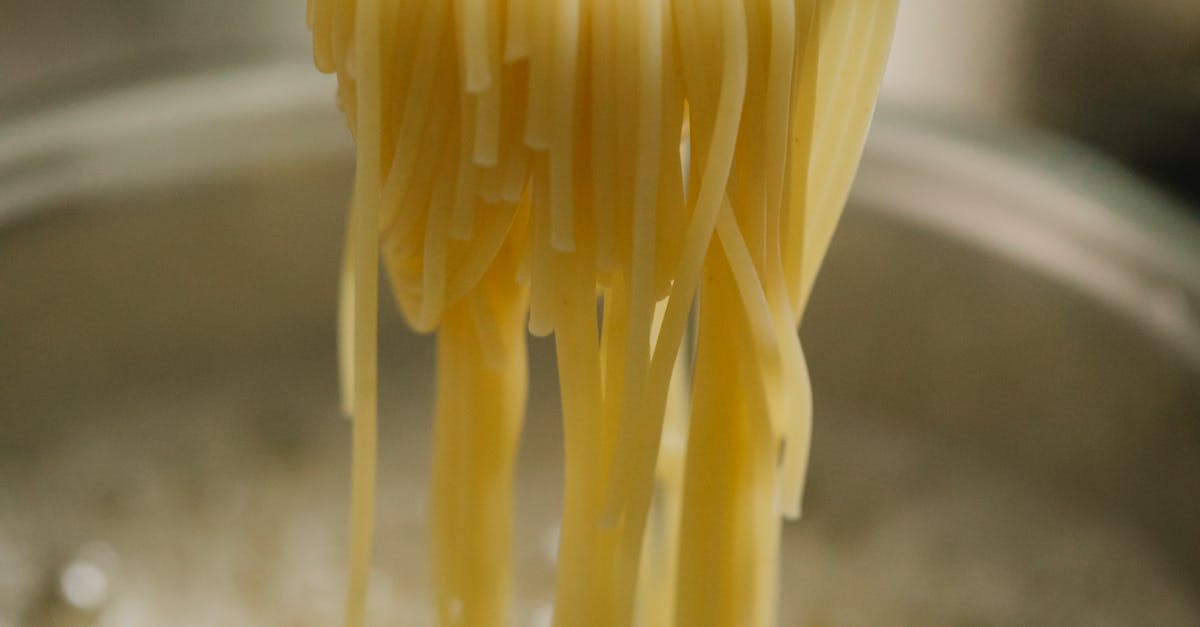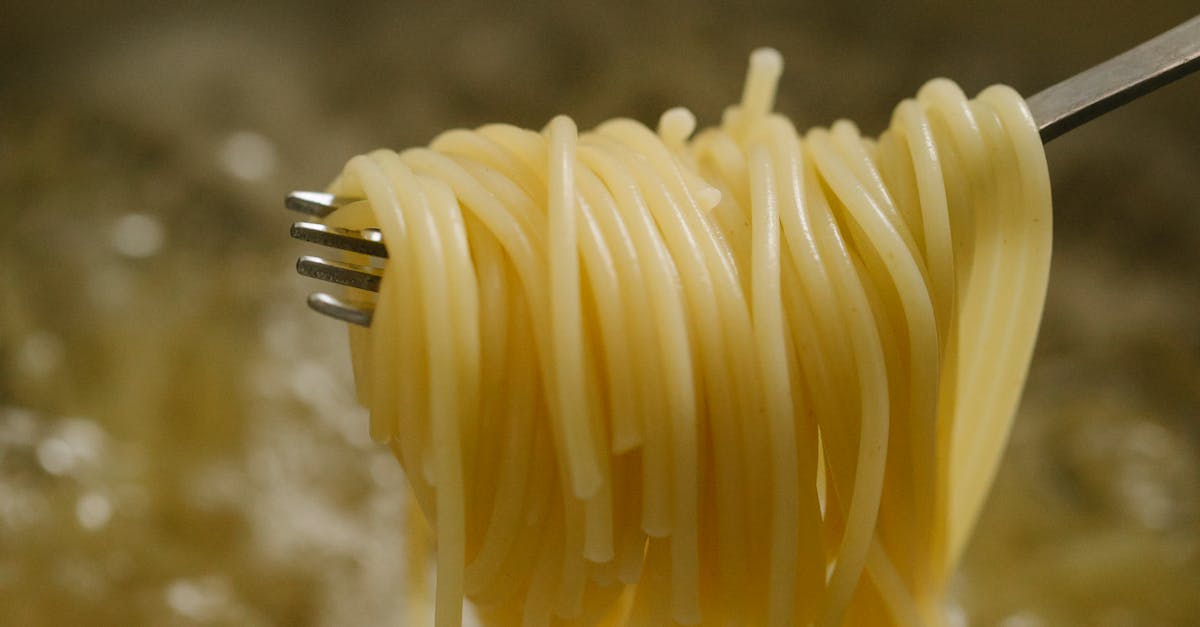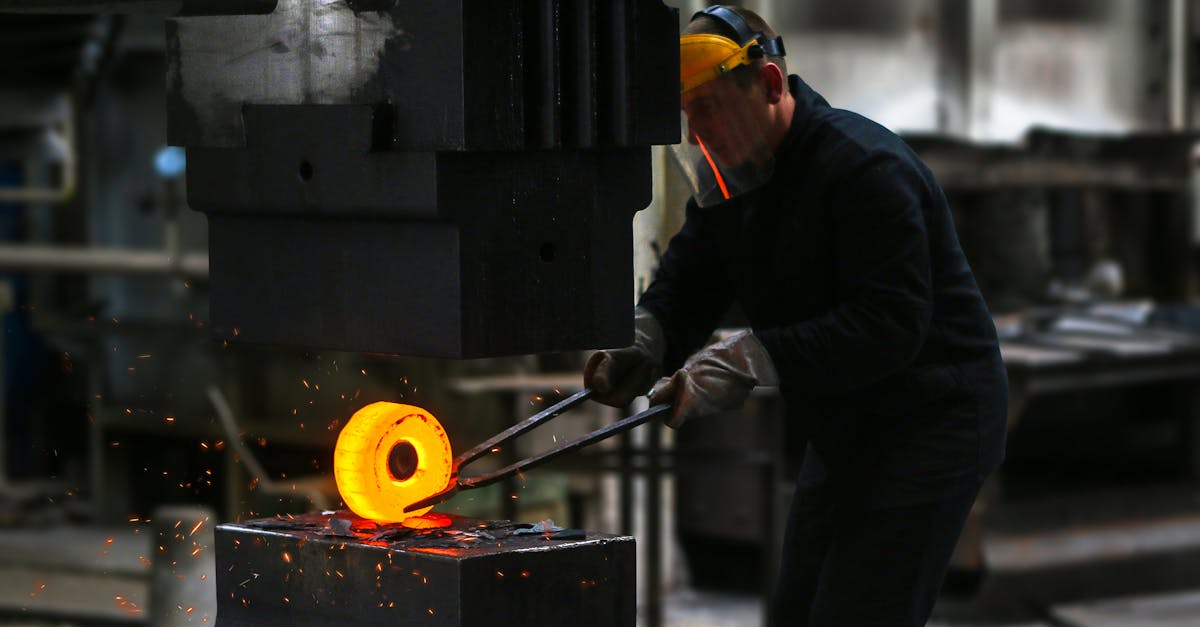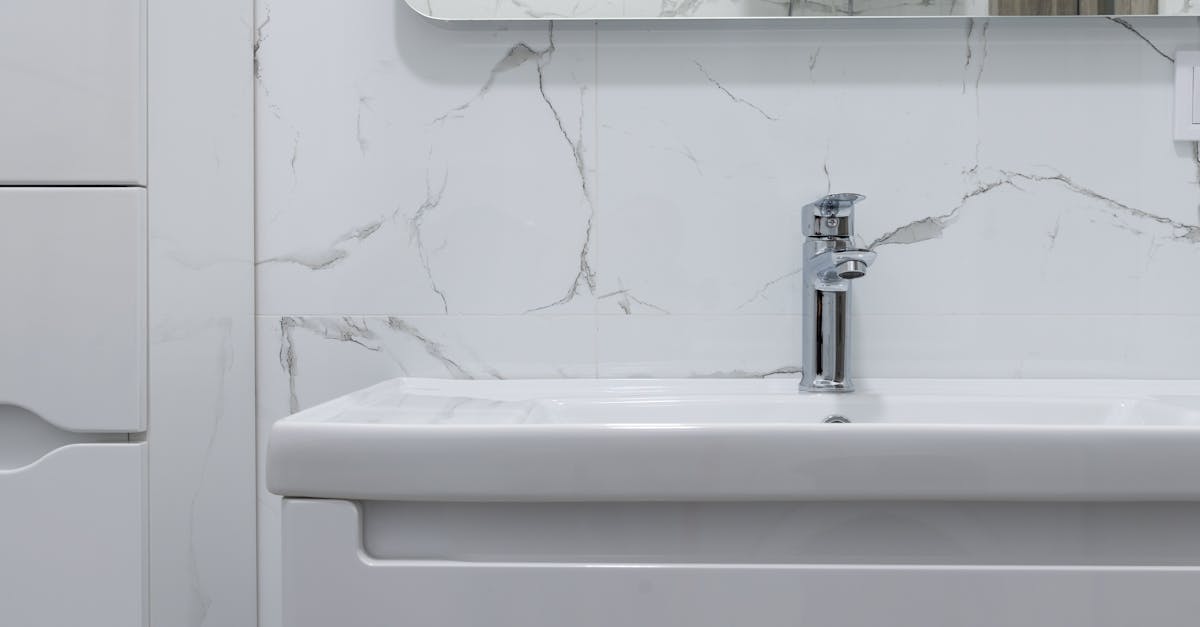
Table Of Contents
Biological Solutions for Drain Maintenance
Biological solutions for drain maintenance focus on harnessing the power of naturally occurring microorganisms. These enzymes and bacteria effectively break down organic matter and grease that often clog drains. By utilising these biological agents, professionals can target the root causes of blockages without resorting to harsh chemicals. This approach promotes a healthier environment, making it a popular choice for those committed to eco-friendly practices.
Incorporating biological drain cleaning methods into regular maintenance can significantly extend the lifespan of plumbing systems. Professionals often recommend applying these solutions periodically to keep drains clear of buildup and prevent future issues. Moreover, as these microorganisms thrive in organic materials, they continue to work over time, ensuring long-lasting results. Regular use not only aids in effective drain cleaning but also contributes to a more sustainable approach to plumbing care.
Enzyme Cleaners and Their Functionality
Enzyme cleaners are a popular choice for drain cleaning due to their environmentally friendly properties. These cleaners contain live bacteria and enzymes that break down organic waste materials, such as grease, hair, and food particles, effectively unclogging drains without the use of harsh chemicals. As these enzymes work, they multiply and continue to target and digest debris, providing ongoing maintenance that helps prevent future blockages. This biological approach offers a sustainable solution, as it works with the natural processes of biodegradation, making it a favourite among eco-conscious professionals.
The functionality of enzyme cleaners is rooted in their ability to provide a thorough and efficient drain cleaning process. Unlike traditional chemical cleaners that may merely dissolve clogs temporarily, enzyme cleaners tackle the source of the problem by digesting the organic matter. This not only clears existing blockages but also reduces the buildup of waste over time, ensuring that drains remain clear and functional. As a result, professionals often recommend enzyme-based solutions for regular maintenance, aiding in the long-term health of plumbing systems.
Safety Equipment for Drain Cleaning
Safety is paramount in drain cleaning, especially for professionals who frequently encounter hazardous materials and potential blockages. Wearing appropriate personal protective equipment (PPE) is essential to mitigate risks. This includes gloves, which protect the hands from sharp objects and harmful substances. Eye protection is also crucial, as errant debris can easily cause injury during the cleaning process. Additionally, using heavy-duty boots ensures that feet are shielded from both chemicals and heavy materials.
In some cases, respirators may be necessary, particularly when dealing with mould or other toxic substances that can be released during drain cleaning. Professionals should also utilise spill kits, which help manage accidental chemical spills effectively. Having first-aid kits readily available is a good practice, as it allows for quick responses to minor injuries. Being equipped with the right safety gear not only safeguards the individual but also promotes a more efficient and confident approach to drain maintenance.
Essential Gear for Professionals
Professionals engaged in drain cleaning rely on a variety of essential gear to ensure efficiency and safety. High-quality gloves are crucial for protecting hands from harmful bacteria and chemicals that may be present in drains. Eye protection also plays a significant role, safeguarding workers from splashes or debris that could pose a risk during cleaning operations.
Additionally, drain cleaning tools such as augers and snakes are indispensable for removing blockages. These tools allow professionals to reach deep into pipes and dislodge stubborn clogs effectively. Having the right equipment not only facilitates thorough cleaning but also aids in maintaining the integrity of plumbing systems.
Best Practices for Drain Care
Regular drain cleaning is a vital practice that helps prevent clogs and unwanted odours in plumbing systems. Professionals recommend scheduled maintenance checks to keep drains flowing smoothly. Homeowners should be vigilant about what goes down their drains, avoiding common culprits like grease, food scraps, and hair. Implementing small habits, such as using drain covers, can effectively reduce the amount of debris entering the system, thus minimising the need for intensive cleaning.
Incorporating biological solutions, such as enzyme cleaners, can enhance the effectiveness of routine maintenance. These environmentally friendly products break down organic matter without harmful chemicals, promoting a healthier plumbing system. Professional advice often includes performing drain cleaning treatments regularly, perhaps monthly or quarterly, depending on usage. This proactive approach not only safeguards against emergencies but also extends the lifespan of plumbing fixtures.
Regular Maintenance Tips
To maintain optimal drainage and prevent clogs, regular drain cleaning is essential. Homeowners should consider scheduling routine inspections, ideally every six months. Simple practices such as pouring boiling water down the drain or using a mixture of vinegar and baking soda can help break down minor build-ups. These methods are not only effective but also environmentally friendly.
Another useful tip is to keep an eye on what goes down the drain. Avoid flushing items like grease, hair, and food scraps, as these can accumulate and create significant blockages over time. Implementing a mesh strainer can catch debris before it enters the plumbing system. Establishing these habits will contribute to more efficient drainage and reduce the need for professional interventions.
FAQS
What are biological solutions for drain maintenance?
Biological solutions for drain maintenance involve using natural enzymes and bacteria to break down organic matter and prevent clogs in drains. These methods are environmentally friendly and safe for use in various plumbing systems.
How do enzyme cleaners function in drain cleaning?
Enzyme cleaners function by using specific enzymes that target and digest organic materials, such as grease, food particles, and hair. As the enzymes break down these substances, they help to clear and maintain the flow in drains without causing damage to pipes.
What safety equipment do professionals use when cleaning drains?
Professionals typically use safety equipment such as gloves, goggles, face masks, and protective clothing. This gear is essential to protect them from hazardous substances, bacteria, and harmful chemicals that may be present in drains.
What essential gear should plumbing professionals have for drain cleaning?
Essential gear for plumbing professionals includes tools such as drain snakes, plungers, high-pressure water jets, and inspection cameras. These tools help detect, remove, and prevent blockages in drains effectively.
What are some best practices for maintaining drains?
Best practices for maintaining drains include regularly cleaning and inspecting drains, avoiding the disposal of inappropriate materials down the sink, using biological cleaners periodically, and ensuring that grease and food waste are disposed of properly to prevent build-up.





























